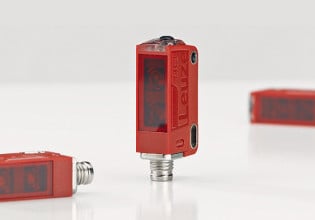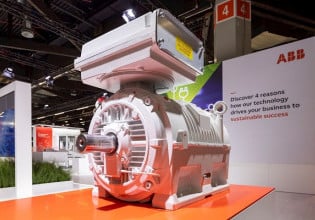A
I'm getting involved again with PLCs after being away for about 12 years, specifcally Allen Bradley.
The concept of I/O hasn't really changed.
But just trying to communicate from lap top to the PLC has become a little tricky.
Using RSLOGIX 500 and LINX is at time frustraing.
Is there a easy to understand book or manual on this topic?
The concept of I/O hasn't really changed.
But just trying to communicate from lap top to the PLC has become a little tricky.
Using RSLOGIX 500 and LINX is at time frustraing.
Is there a easy to understand book or manual on this topic?






